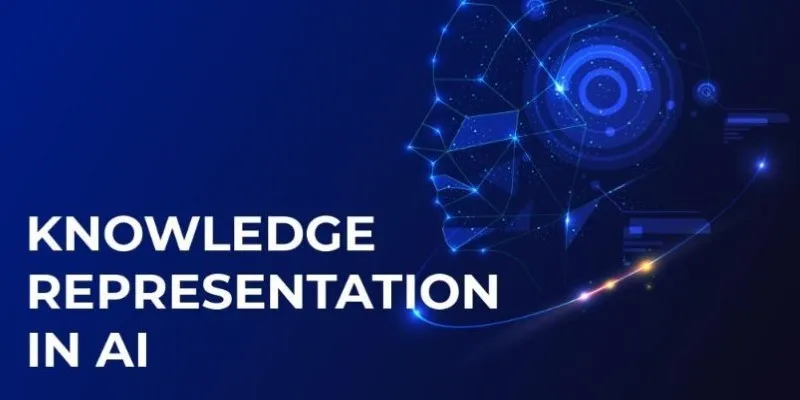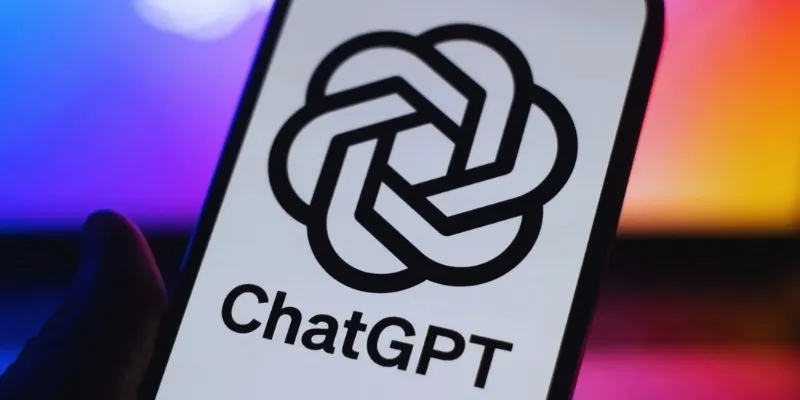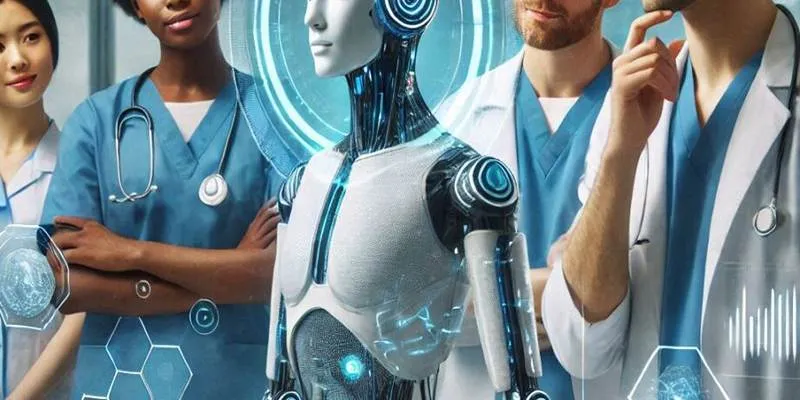In today’s competitive retail market, offering personalized shopping experiences is no longer just a luxury—it’s an expectation. Customers now expect their shopping journey to be tailored to their individual preferences, habits, and needs. As a result, retailers are increasingly turning to cutting- edge technologies like generative AI to enhance the personalization of their commerce strategies.
This powerful tool is transforming retail marketing by enabling brands to offer more relevant, engaging, and customized experiences. In this article, we explore how generative AI is enhancing personalized commerce in retail marketing and revolutionizing how businesses engage with customers.
What is Generative AI in Retail Marketing?
Generative AI refers to a class of artificial intelligence algorithms designed to create content, solutions, and strategies based on data. In the retail marketing context, generative AI can process vast amounts of customer data, including past purchase history, browsing patterns, preferences, and demographics, to generate personalized content and campaigns. This technology makes it easier for brands to deliver highly relevant marketing messages, product recommendations, and customer interactions.
Generative AI has many applications in personalized commerce, from automated content creation to dynamic pricing and personalized product recommendations. Using real-time data, it can tailor experiences for each customer, making them feel more connected to the brand.
Benefits of Using Generative AI in Retail Marketing
Generative AI offers multiple benefits for retailers seeking to improve their marketing efforts. Some of the key benefits include:
- Improved Customer Engagement:
With the ability to personalize marketing messages, AI helps create a more engaging shopping experience. Customers are more likely to interact with content that speaks directly to their needs and preferences. As a result, AI can increase the likelihood of conversions and drive better engagement rates.

- Enhanced Marketing Efficiency:
By automating the creation of content, generative AI allows marketers to streamline their workflows. This reduces the time and resources spent on content creation while improving overall marketing output. Additionally, AI- generated campaigns can be quickly tailored to different customer segments, ensuring that marketing resources are used efficiently.
- Cost Efficiency:
Generative AI reduces the need for manual content creation, which can save businesses money on creative resources. By automating repetitive tasks, retailers can reallocate resources to other aspects of their operations, enhancing overall profitability.
How Generative AI Enhances Personalization in Retail?
One of the most significant benefits of generative AI is its ability to enhance personalization. Personalization is key to ensuring that customers receive tailored experiences that resonate with their unique preferences. Here are a few ways AI enhances personalization in retail:
- Personalized Product Recommendations:
Generative AI uses data analytics to recommend products based on a customer’s past purchases, browsing history, and preferences. This ensures that the recommendations are relevant and tailored to each individual, enhancing the overall shopping experience. For example, an online store might suggest products related to those a customer has already viewed, increasing the likelihood of a purchase.
- Targeted Advertising Campaigns:
AI can optimize ad campaigns by analyzing data to identify which types of advertisements will appeal most to specific customer segments. Generative AI generates personalized advertisements based on customer behavior, location, interests, and demographics. As a result, brands can create more targeted ads that resonate with their audience, improving both customer engagement and ad ROI.

Top Uses of Generative AI in Personalized Retail Marketing
Generative AI has a wide range of applications in retail marketing. Here are some of the top uses:
- AI-Powered Chatbots for Customer Support:
AI-powered chatbots are becoming essential tools in retail marketing. These bots engage customers in real-time, answer questions, assist with product selection, and provide support during the purchase process. By leveraging past interactions, these bots can offer personalized assistance, helping customers find exactly what they need. Additionally, AI chatbots can provide 24/7 support, which is crucial for improving customer satisfaction.
- Dynamic Pricing and Promotions:
Generative AI can help retailers optimize their pricing strategies by adjusting prices in real-time based on factors such as demand, competitor pricing, and customer behavior. AI also helps retailers create personalized discounts and promotions for individual customers, ensuring they get the most relevant offers. This dynamic pricing helps maximize profitability and ensure competitive pricing.
- Content Creation for Marketing Campaigns:
Generative AI can automate the creation of content for marketing campaigns. From writing product descriptions to crafting personalized email campaigns, AI generates high-quality, tailored content that aligns with a customer’s preferences. By creating custom content at scale, generative AI saves time and resources, allowing marketers to focus on other aspects of their strategy.
Challenges and Considerations of Using Generative AI
Despite its many benefits, generative AI presents some challenges that retailers must consider when implementing these technologies:
- Data Privacy and Security Concerns:
As AI collects and analyzes large amounts of consumer data, retailers must ensure that they adhere to data privacy laws such as GDPR. Ensuring the security of customer data is critical for maintaining customer trust and avoiding potential legal issues.
- Over-reliance on Automation:
While generative AI can automate many aspects of retail marketing, brands need to balance automation with human interaction. Over-relying on AI could make the customer experience feel impersonal, so incorporating human touchpoints where necessary is crucial to maintaining a positive brand image.
The Future of Generative AI in Retail Marketing
As generative AI continues to evolve, its role in personalized retail marketing will only grow stronger. Retailers will have access to even more advanced AI technologies, enabling deeper customer insights and more immersive shopping experiences.
- Integration with Other Technologies:
In the future, we can expect generative AI to be integrated with other emerging technologies, such as augmented reality (AR) and virtual reality (VR). These technologies could offer customers even more personalized and immersive shopping experiences, from virtual try-ons to interactive product displays.
- Smarter AI Algorithms:
With advancements in AI, algorithms will become more innovative and better at predicting consumer behavior. This will lead to even more personalized and effective marketing strategies, helping retailers stay ahead of the competition in a rapidly evolving market.
Conclusion
Generative AI is a game-changer for personalized retail marketing. By enabling retailers to offer tailored recommendations, dynamic pricing, real-time personalization, and scalable content creation, AI enhances the customer experience and drives more conversions. With the ability to automate and optimize marketing efforts at scale, generative AI is a powerful tool for retailers looking to stay competitive in the digital age.
Ready to leverage the power of generative AI for your business? Start integrating AI-driven tools into your retail marketing strategy and see how they can enhance your customer interactions and improve customer loyalty.
 zfn9
zfn9























